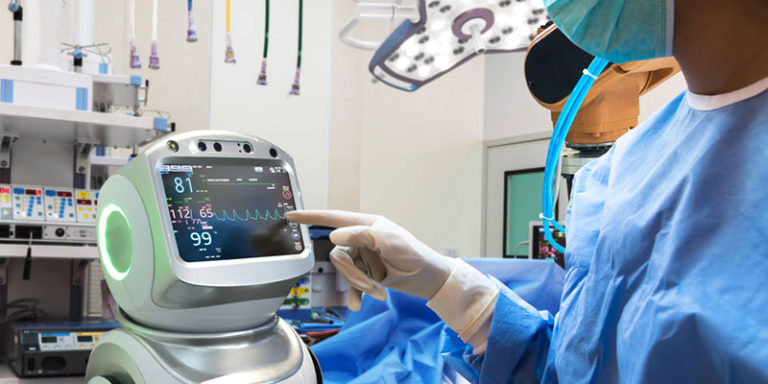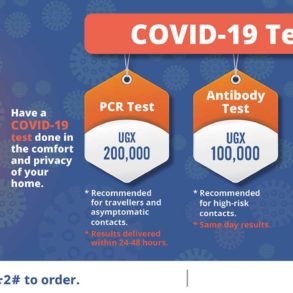Artificial Intelligence in Healthcare is learning at a high rate and it is now doing what humans do. AI is learning to work more efficiently, quickly and it is cheaper than human labor. Their potential in the Healthcare Industry is wide as we saw in 2020. Many people and organizations have embraced AI in this period of CoronaVirus.
This article will shed light on the ways that these technologies are transforming healthcare.
Diagnosis
As many healthcare care organizations take on digital health, they collect a lot of data from various departments. IBM’s Watson for Health is working with these organizations to use its technology to understand the data that has been collected. Watson is able to store and also review more information faster than any professional.
Google’s DeepMind Health is also partnering with clinicians, researchers, and patients to solve real-world healthcare problems. It uses machine learning and systems which build complex algorithms that work like the human brain.
Decision Making
Using algorithms and predictive analytics can provide timely information to support decision making. It can also help in prioritizing while tending to patients that need critical care like emergency rooms.
AI can also identify at-risk patients basing on specific factors and also identifying patterns that can lead to the onset of a condition. Read more here about how AI is contributing to decision-making in the healthcare industry.
Treatment
AI through precision medicine can help personalize healthcare for an individual patient, not a one-drug-for-all approach. Clinicians can create and manage effective care plans for individual patients with the help of AI.
Robots have also advanced in the work they do. We can now see robots perform surgical procedures entirely by themselves or with the help of a doctor. In other situations, robots aid in rehabilitation and physical therapy to support patients.
Early Detection
Through prediction and predictive analytics, AI can detect conditions before they occur. Chronic conditions like heart diseases and cancer need to be detected earlier so that appropriate care is taken. Using AI to review mammograms is actually faster and more accurate.
Wearables like smartwatches and Fitbit collect data and store it or send it to doctors. This data is used to better monitor the patient and warning signals can be received earlier on to save the patient.
What more do you think Artificial Intelligence has helped in healthcare?

